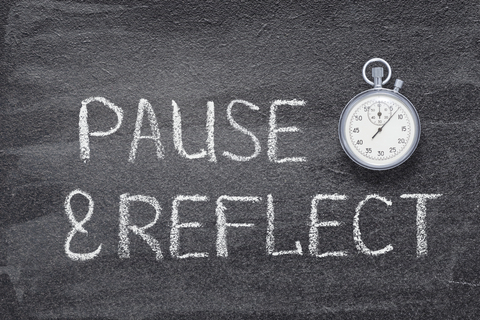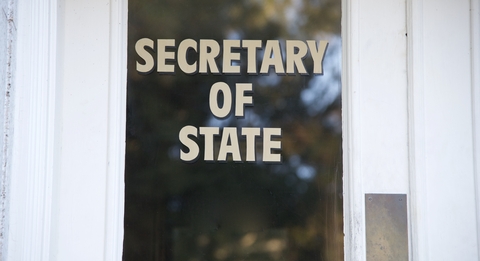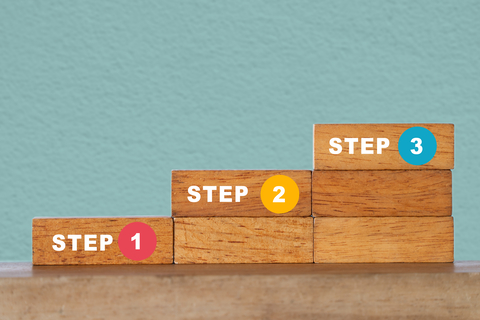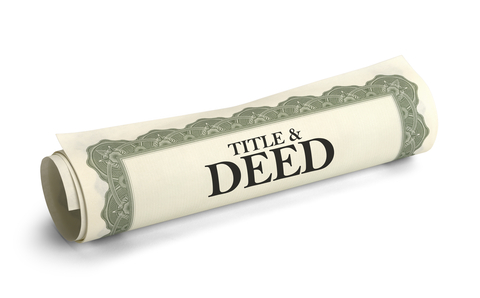Time to reflect
Once you’ve sent the client report, finished the strategic plan, learned what you didn’t know before, it’s tempting to stop there. After all, you completed the tasks you took on when you started, and now you have some answers. You’re not quite done, though.
In previous posts, I’ve talked about the first five steps of the Big6TM approach to finding better information in less time. In Step 5 of this process, you’ve transformed the data into insights and created the finished product. In the sixth and final step, it’s time reflect. There’s always room for improvement, and it’s important to spend a few minutes evaluating your finished product and your process.
Evaluating your product
Whatever the outcome of your research, you’ll have something to show for it at the end. Maybe you just needed information for your own use, or perhaps you’re sending it off to someone else. Before you consider it done, take a few minutes to look back at Step 1, defining your task, and ask these questions:
- Did I solve the information problem?
- Did I meet my or my client’s goals?
- Do I have answers to my/their questions?
- Does the product meet the requirements?
- Is my report decision-ready?
Evaluating your process
You may have ended up with a perfect product, reaching all the goals and requirements defined in Step 1, but was the process efficient? Most of us can’t afford to waste time or money getting the answers we need. Think of all the research you do in the course of your work and how just small amounts of waste can add up. Again, it’s time to ask some questions:
- Which parts of this process were particularly useful?
- Which parts gave me the most trouble?
- How much time did I spend on this task?
- Did I miscalculate the amount of time needed for the task?
- Did I stay on budget?
- Where did I waste time and/or budget?
Once you’ve evaluated your results, it’s time to ask the most important question of all:
What could I have done differently?
It’s not enough to identify problems. Go back through each step of your process to see where you can improve. If there’s anything you can fix before sending to someone else, do that now. And here are some considerations for better outcomes in the future:
- Do I need to ask better questions before starting the search?
- Do I need to manage my or my client’s expectations?
- Do I need different sources or more training on the ones I’m using?
- Do I need more training on writing reports, citing sources, or copyright laws?
- Which of the five previous steps gave me the most trouble?
- Do I know where to get the help I need?
Whether you’re conducting research for yourself or others, keep looking for ways to improve. Find the right people to ask and the training you need. And don’t forget to ask a librarian, because they’re experts at research and sources.
I’m looking forward to sharing more about getting better research results and saving time in the process at the Fraud Retreat in Denver, Colorado. Hope to see you there!



